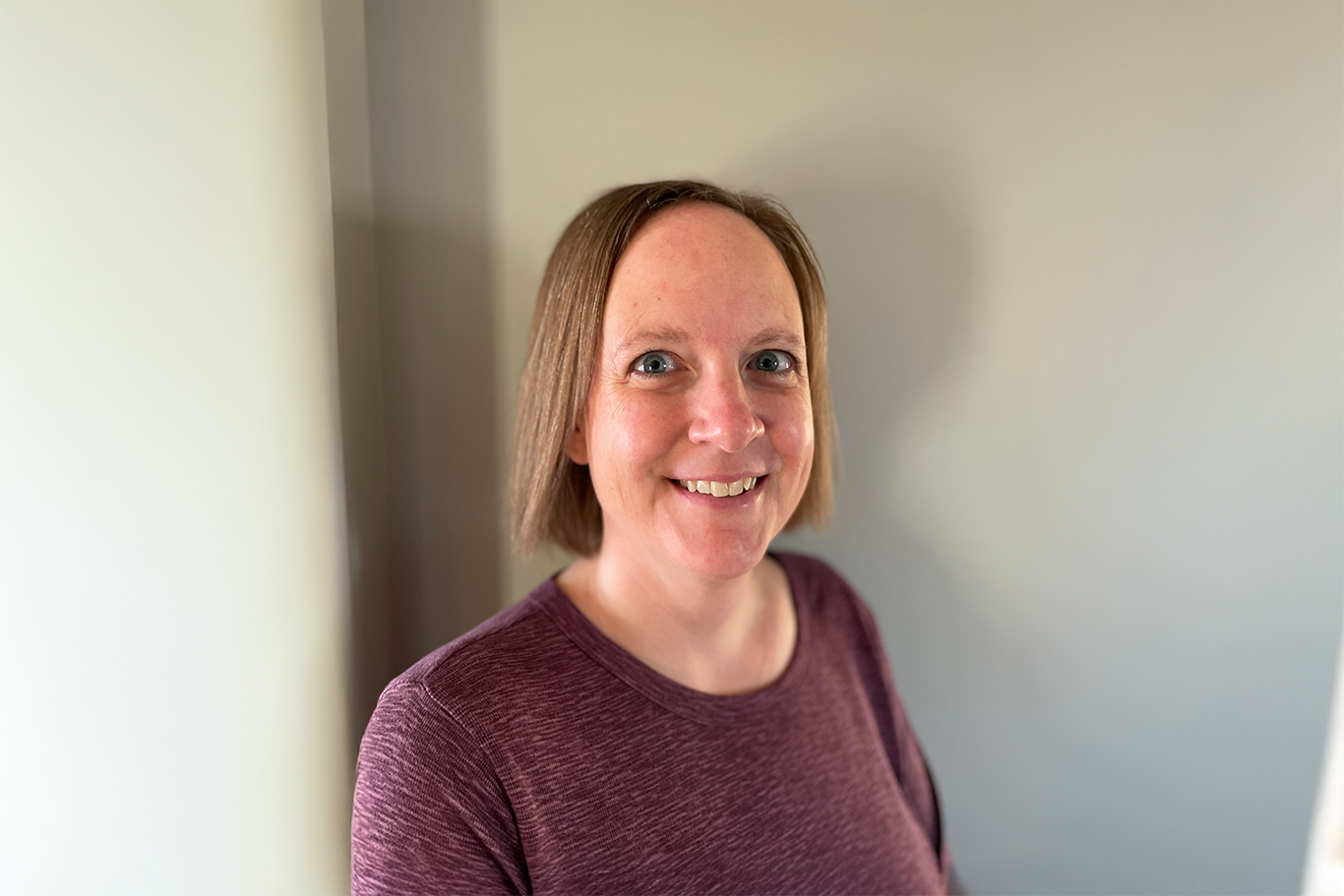School psychology graduate student affirms visual cues and reinforcement are key to student success
When school psychology graduate student Elli Stevenson’s educational experience turned upside down last March 2020, she moved back home to Hayti, S.D., where she lived with her parents and four younger siblings. At the time, she was developing her graduate project around a behavior intervention at a Moorhead school.
Of course, that school’s teaching went remote as well. She scrambled to come up with Plan B. During a conversation with her mom, a speech-language pathologist in the Watertown (S.D.) school district, her mother mentioned that Elli’s nine-year-old brother was taking a lot longer to do his homework than he should. She said to Elli, “Maybe you can do something with him.”
“She was kind of joking, but it sounded like a good project that would be a win-win for both of us,” Elli said. If she had completed her research at the Moorhead school, she would have seen the student two days a week. “I lived my intervention when I was here,” Elli joked.
Most students in this country engaged in some distance learning between the spring and fall of 2020 due to the COVID-19 pandemic. With this educational shift, families faced additional time management and motivational challenges for their students who were now learning remotely.
Elli created an intervention with the goal of reducing her brother’s homework time from about four to six hours daily to the school’s expectation of about two hours daily. She inserted a daily schedule into a clear page protector so he could use a dry erase marker to check off his daily tasks when he completed them. She also added a reward incentive.
She said the results showed a total decrease of 69 average minutes spent on schoolwork after adding both the visual schedule and the reinforcement interventions.
“Using a visual schedule with children to help with self-management and completing tasks is pretty widespread and effective in classrooms. Knowing my brother the way I do, I believed it would match up with his motivation, especially the reinforcement piece,” Elli said. “I knew offering candy would make him work faster and harder. That didn’t surprise me!”
She spent more time observing, documenting and collecting data than if she had completed this project during a typical year. She admits it was tricky because her project was happening in the house every single day. “I spent a lot of time at the table watching him, often to the neglect of my schoolwork!”
From a research perspective, she thought working with a family member would be a negative. But she recognizes that as a school psychologist, she will present these types of interventions to families who will, indeed, have to implement them at home. “It ended up being beneficial,” she said.
Elli is excited to present her work at the Student Academic Conference and sharpen her public speaking skills. “The school psychology program has always been well represented at this conference,” she said. Elli was also selected to present at this year’s National Association of School Psychology (NASP) Conference.
Elli will present her research on Tuesday, April 20 at 2:30 p.m. The entire speaker list can be searched by student name or department on the Student Academic Conference website.
Make Sure Your Story Is Heard
Let us know how your life has been changed by being a Dragon: tell us your MSU Moorhead story today!
Send Us Your Story


